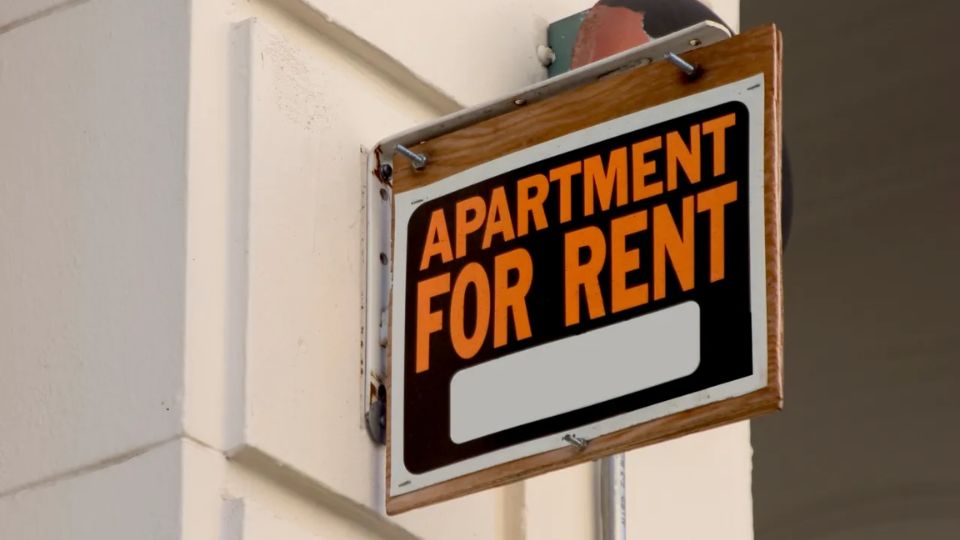Here is a list of new laws that will impact many rental property owners in California.
Assembly Bill 1620 -Right of disabled tenant in locally rent-controlled property to move to first floor unit at same rental rate – (Effective January 1, 2024)
This allows a local area with rent control to make a rule that requires landlords of rent-controlled units to let tenants with permanent physical disabilities move to a different unit that is the same size or smaller and located on a floor that is accessible. The tenant would also be able to keep paying the same rent.
- IRS Grants Extra Time for 2024 Taxes to Kentucky’s April Storm Survivors
- Fed’s June Meeting: Rate Cuts Not in the Cards: What’s Next?
- Deadline Alert: Michigan Schools Must Act Fast with Federal Stimulus Funds
- How to Access VA Dependent Education Benefits with a 100% Disability Rating
- Big News for SSDI: Social Security Might Add $600 to Payments
AB 1620 is a law that allows cities or towns with rent control rules to have a process for swapping rental units in specific cases. This is for situations where a disabled tenant is living in a rent-controlled unit and wants to move to a different unit while keeping the same rent.
Assembly Bill 1764 – Landlord/Tenant: Option to provide receipts for tenant screening fees by email when both landlord and tenant agree to it first. (Effective January 1, 2024)
Landlords can choose to send receipts for tenant screening fees by email, but only if both the landlord and the applicant agree to it beforehand.
Currently, landlords must give the applicant a receipt for the screening fee either in person or by mail. The receipt should list the expenses the landlord or agent paid for and the time they spent gathering and processing information about the applicant.
According to AB 1764, the landlord or their representative and the applicant can agree that the landlord will send a copy of the fee receipt to the applicant’s email account.
Assembly Bill 1764 is a law that is part of the Civil Code, specifically section 1950.5. It will go into effect on January 1, 2024.
Also Read: Florida Suddenly Becomes the 5th Most Dangerous State in America
SB 267 – Landlord must offer “ability to pay” in lieu of reliance on credit history and reports in assessing a tenant’s rental application when prospective tenant is receiving a government rent subsidy such as a Section 8 rental voucher – (Effective January 1, 2024)
A landlord must consider a tenant’s ability to pay rent instead of relying solely on their credit history and reports when they are receiving a government rent subsidy like a Section 8 rental voucher.
SB 267 states that if a person receives a government rent subsidy, landlords cannot use their credit history to decide whether to rent to them. Instead, landlords must give the applicant the choice to provide other proof of their ability to pay the rent, such as government benefit payments, pay records, or bank statements.
SB 712 – Tenants may keep bicycles, e-bikes and other “micromobility” transport devices in their units. (Effective January 1, 2024)
SB 712 prevents landlords from stopping tenants from owning personal micromobility devices or from keeping and charging one personal micromobility device in their living space for each person living there. However, there are some conditions and exceptions that apply. Personal micromobility devices include bicycles, scooters, hoverboards, skateboards, as well as their electric versions like e-bikes or e-scooters.
AB 1418 is a law that prohibits local governments from having “crime free” housing programs and ordinances. This law prevents local rules that punish tenants and landlords for different interactions with law enforcement, such as local programs and rules that require rental housing to be crime-free. (Starting from January 1, 2024)



Leave a Reply